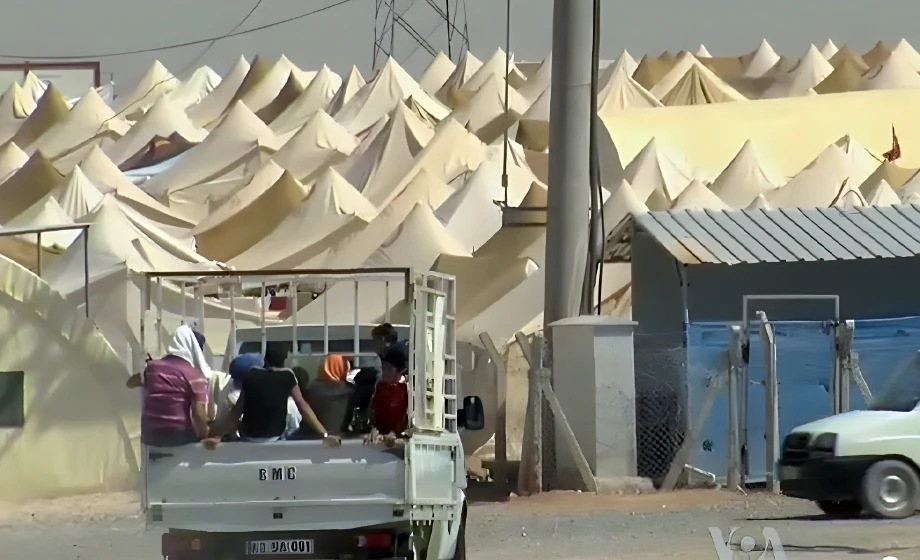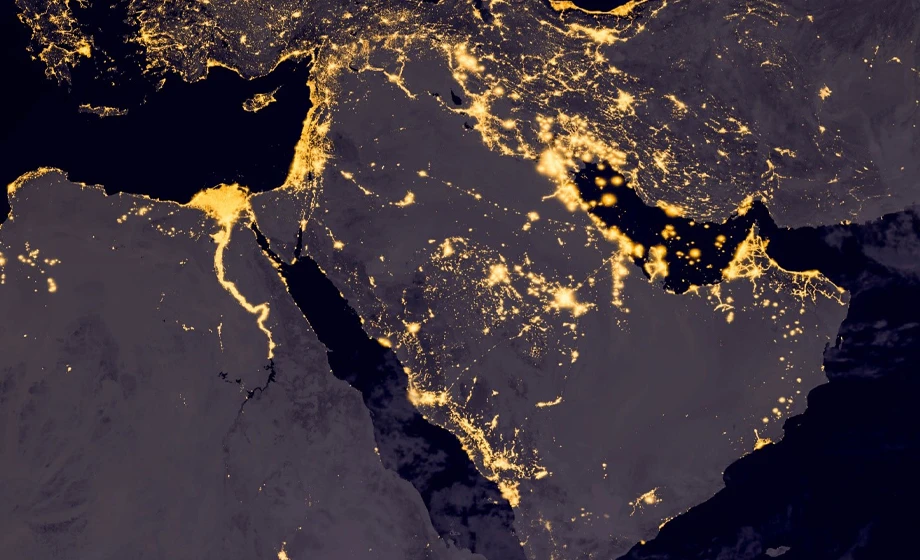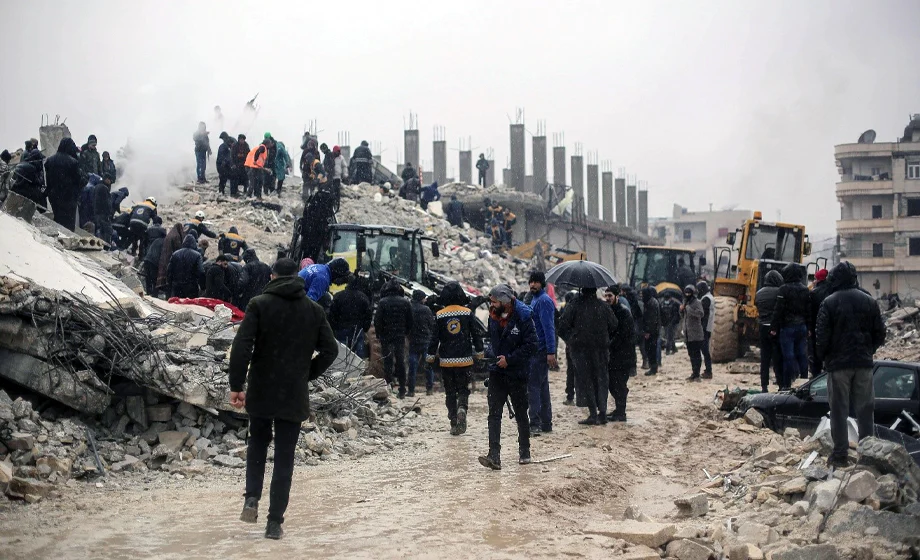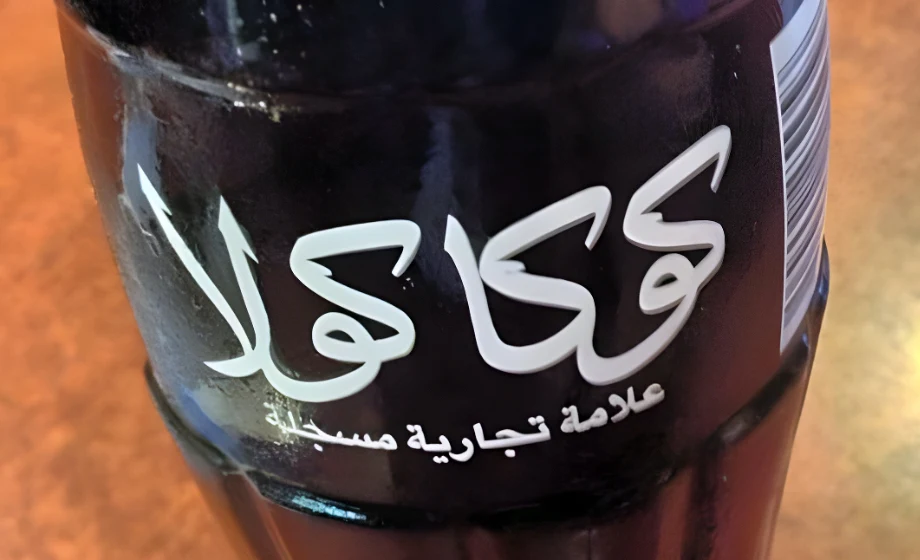Human rights organizations in the Arab world face numerous challenges as they work to ease the harms of war, terrorism, and civil strife, not least of which is communication. Translating concepts of international law or sensitive victim statements across cultures is a significant barrier to effective advocacy work and requires both technical expertise and a human touch.
Since 2011, Industry Arabic has translated thousands of pages of human rights documents between Arabic and English. This article provides a brief introduction to our human rights translation practice and an overview of recent projects in the field. Looking to get started right away? Please visit our quote page for a free and fast project estimate.
Human Rights in the MENA Region
The Middle East is the birthplace of several foundational documents for modern law and human rights such as Hammurabi’s Code and the Cyrus Cylinder. Yet today, many MENA states have troubling records on human rights. By the end of 2019, the United Nations High Commissioner for Refugees (UNHCR) estimates that nearly $3 trillion will have been spent on this region to combat human rights abuses and refugee crises.
The Arab world is not monolithic. Each country has its own distinct culture, dialect, and norms. Despite these differences, there are some prevailing trends across the MENA countries. The following provides a brief outline of major human rights issues in the MENA region:
- Capital punishment: The death penalty is still in use in all countries of the MENA region, with the autonomous Rojava region in northern Syria being the only exception. While some countries limit the death penalty to serious offenses, like murder, others employ it for a variety of minor, ambiguous crimes, such as sorcery and adultery.
- Women’s Rights: While the world celebrated Saudi women gaining the right to drive for the first time last year, much of the MENA region bears witness to a double standard for women. As seen in some high-profile stories of Gulf women fleeing their families, some of the more conservative countries require women to be accompanied by male chaperones when traveling outside the home and country. Likewise, despite some progress in Jordan, Lebanon, and Tunisia, some countries still have laws that allow rapists to avoid prosecution if they marry their victims. Some countries also still allow the rare practice of “honor killing” in cases of unwed girls and women committing adultery.
- LGBT Protections: Non-traditional gender and sexual identities are significantly repressed and in some cases illegal, in much of the region. Only a handful of MENA countries, such as Bahrain, Jordan, and Iraq, sanction all forms of sexuality. The rest have either banned or outlawed forms of homosexual acts to various degrees. The punishments for such acts vary by country, ranging from imprisonment to death.
- Religious Freedom: The level of religious tolerance depends on the particular demographics and cultural history of the country. Some countries, such as Algeria, Lebanon, and Syria, have complete religious freedom guaranteed in their constitution. Many of the MENA countries legally declare Islam to be the state religion. Some of these countries, like Egypt and Iraq, provide religious freedom only to certainly recognized faiths. Despite these guarantees, religious minorities, such as some Christians, Jews, and Baha’is, experience harsh discrimination and sometimes violent repression. Even in countries where Islam is the only recognized religion, one finds religious minorities routinely persecuted for their beliefs by the majority or governments.
- Freedom of Expression: Many MENA governments routinely suppress free speech and popular demonstrations through a variety of methods, ranging from state censorship of the press and internet restrictions to violent crackdowns.
Our Human Rights Translation Approach
Unlike most translation companies which offer dozens or even hundreds of language pairs, Industry Arabic specializes in the Arabic language, which allows us to offer an unmatched degree of specialization and focus. We have several full-time members with extensive human rights experience at the UN and other NGOs. Here are a few other elements that are critical to our approach to human rights documents:
- Expert Human Translators: Humanitarian efforts tackle human problems, and thus require human solutions. At Industry Arabic, we trust all of our projects only to our group of talented and vetted human translators. Whether dealing with financial reports or sensitive refugee testimonials, our team has the tools and experience to handle all sorts of subject matter, as well as the many Arabic dialects spoken throughout the region. Our team members are also familiar with the various Arab societies, cultures, and situations facing the people on the ground in the MENA region. In the end, Industry Arabic adds the human touch needed in this line of work and for these sorts of translation projects.
- Custom Client Support: We understand the highly sensitive and urgent nature of humanitarian projects. As such, our team will work with you to craft a translation strategy to ensure the quickest turnaround times while maintaining your client’s privacy. We also provide certification and notarization services for translations when necessary. Lastly, we take great pride in our speedy and attentive customer service. And we are a worldwide team, so no matter what timezone you are in, we have people working around the clock on your project.
- Two-Step Verification: Our team guarantees that each translation goes through a two-step verification process to ensure top quality. Industry Arabic translators proofread and edit their work once they have finished the translation. Afterward, one of our bilingual editors will carefully conduct a second round of editing and formatting to polish the language before it is submitted.
Human Rights Translation Case Studies:
Below are a few selected human rights translation projects we’ve recently completed:
- Victim Evidentiary Statements: Industry Arabic has translated hundreds of pages of evidence statements by victims of human rights abuses, with the goal of raising awareness and sparking action by international bodies.
- Women’s Rights & Political Participation: Industry Arabic has completed hundreds of pages of translation of reports, draft laws, op-eds, social media posts, and more in support of a major women’s rights organization operating in the region.
- Research Papers on Gender Identity and Sexuality: Completed English to Arabic translation of several academic papers on the biological and cultural bases for gender identity and sexual orientation. These were done to raise awareness and tolerance of LGBT people in Arab societies.
- Arab-Israeli Youth Program: Translation and layout of annual USAID-funded program reports for Israeli and Palestinian youth.
- Libyan Reconciliation Process: We have worked closely with several international NGOs to support Libya’s peaceful transition process. The project has involved conference minutes from different Libyan town hall meetings, video transcription in the Libyan dialect, and political proposals for building a new government.
- Detention Visit Training Manual: Industry Arabic completed the translation and layout (using Adobe InDesign) of a training manual for international inspectors visiting detention facilities in the region. Sub-topics included records inspection, medical facilities, inmate interviews, final report drafting, and more.
How to Start Your Arabic Human Rights Translation Project
If you need top-quality translation to support your human rights work, getting started with our professional team is just a phone call or email away. Just give us a call at +1 202 753 9834 or request a quote here. We strive to answer every quote request within 30 minutes during business hours.
Sources
- Amnesty International Country Profiles
- 2017 Wilson Center Report
- Image courtesy of VOA News



